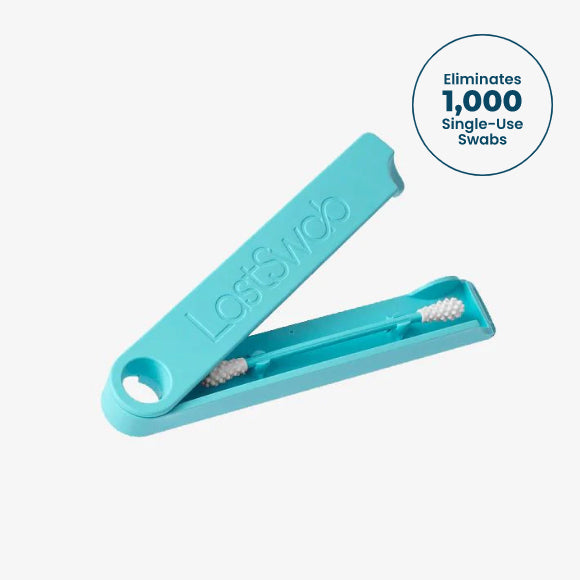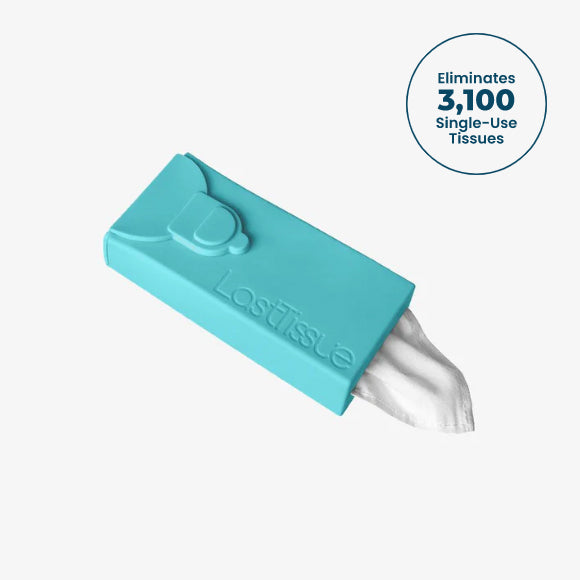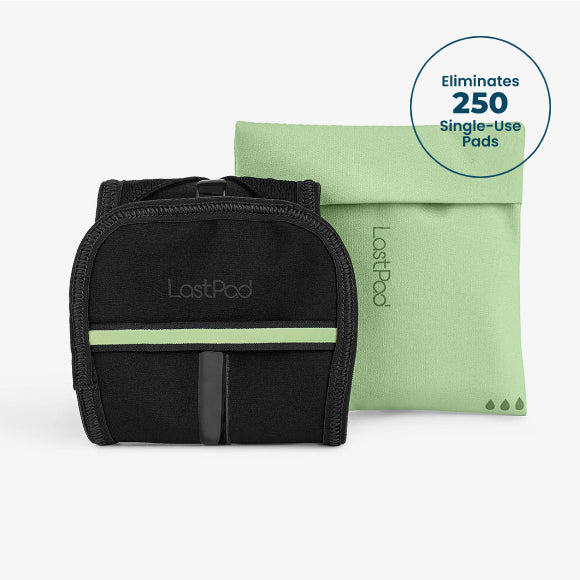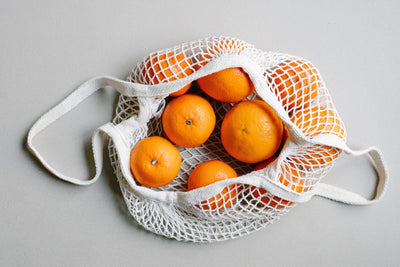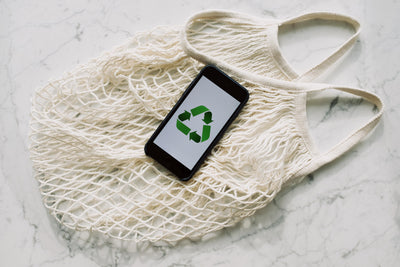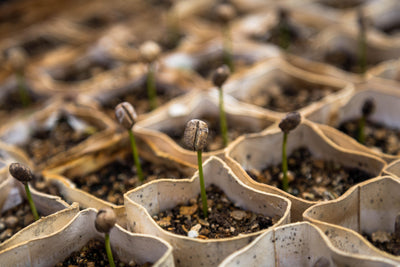A Quick & Easy Guide To A Zero Waste Kitchen
August 05, 2020Kitchens are a vitally important part of the home. Not only are they places to prepare your meals, but they can also act as a social hub where plenty of quality time is spent with loved ones. Sometimes they’re places of reflection, where you can ease into your day with your first cup of coffee in the morning. But regardless of all this, it’s worth considering how to live a greener life by making yours a zero waste kitchen.
It’s well known that kitchens in general produce a significant amount of waste. But it doesn’t have to be the case though. By making a few simple changes to your lifestyle, you too can establish your own version of a green kitchen. Follow the guidance below to help you achieve just that.
Zero Waste Shopping

A sensible starting point on your quest for a no waste kitchen is your household shopping. Tweaking your existing routine a little will give you a major boost.
Explore Farmers Markets
Purchasing goods from farmers markets generally means buying package-free produce. On the whole, these venues also offer organic products. So not only is this good for the environment, it’s good for your general health too.
Buy Goods In Bulk
An easy way of reducing the volume of waste your kitchen produces is to start buying products in bulk. You can do this at places such as farmers markets where dried foods are sold in large quantities. The products generally come without any packaging, which allows you to bring your own carrying containers. By reusing the same containers or sustainable bags, you’ll cut down the amount of waste coming out of your kitchen.
Stick To Your Shopping List
Carefully plan what you’re going to need for a set time period and draw up a list accordingly. Then when you’re in-store, stick to this list rigidly. That way you’ll reduce unnecessary extras, which contribute to both packaging and food waste.
Use Reusable Bags And Containers
The single-use plastic bags provided by supermarkets cause a tremendous amount of damage to the environment. Rather than use these, bring your own reusable bags or other sustainable containers. These can be bags-for-life, glass jars, or any other type of green container.
Buy Produce That Is In Season Or Locally Sourced
Make sure that the produce you buy is in season or comes from nearby farms where possible. That’s because the further your food has to travel, the worse it is considered to be for the environment.
Try Eating Lesser-Known Foods
Our current farming and consumption habits are harming the planet by threatening biodiversity. However, we can mitigate this process by eating less popular but still very nutritious foods, such as adzuki beans.
Zero Waste Storage

Altering the way you store your food can also go a long way towards achieving a sustainable kitchen.
Properly Store Food In Your Fridge
Properly using your fridge may seem like an obvious suggestion. However, it can actually be a sticking point for many people trying to reduce their waste.
There are two main aspects to this. Firstly, do not overstock. Secondly, make sure you’re properly rotating the food by consuming the oldest first. These measures will help reduce food waste.
Use Zero Waste Containers
A simple and cost-effective measure you can take is to use more zero waste containers. You can conveniently collect these from your own groceries. Once you finish a jar of jam, a coffee tin, or any other similar container, don’t throw it out. Rather, use them for carrying or storing certain goods.
Use Zero Waste Alternatives
Food storage often involves non-sustainable items. Try swapping out these for zero waste alternatives. For instance, you could switch to reusable sandwich bags. Instead of using plastic cling film, you could use beeswax food wraps. Another great option is swapping paper napkins for LastObject’s LastTissue Box.
Zero Waste Cooking

With your shopping and storage habits improved, you can now move on to your cooking. A few minor alterations to your food preparation can significantly reduce your waste.
Repurpose Food Scraps
In the UK alone, consumers waste around 4.5 million tonnes of food each year. To avoid contributing to this wastage, deal with your scraps in a more creative manner. Rather than throwing out vegetable scraps, for example, why not use them to make a nice stock or soup? Similarly, many foods can be composted and then used to keep your garden healthy.
Alternatively, you can regrow certain vegetables from scraps. This will then provide you with the ingredients for things like salads in the future.
Buy Whole Meats And Vegetables
Instead of purchasing smaller pre-portioned cuts, buy whole meats. For instance, rather than getting chicken breasts, get the whole chicken where possible. You can then cook and use every part of the chicken, even making stock or soup with the bones. Similarly, buy entire vegetables rather than pre-cut portions.
Grow Your Own Herbs
A great way to not only reduce waste but also save money is to grow your own herbs. It’s very easy, even if you don’t have ‘green fingers’ or a garden. You can start by setting up a couple of planters on a windowsill. Just make sure that they have enough soil and water, and that they’re positioned to get plenty of sunlight.
Only Make Zero Waste Coffee And Tea
Caffeine lovers will be relieved to learn that it’s entirely possible to make zero waste tea and coffee. The trick here is to buy your coffee beans or tea leaves in bulk and store them in a sustainable container. This will avoid the waste produced by coffee pods or packs of tea bags.
Zero Waste Cleaning

Another area you need to address in your efforts to attain plastic-free kitchen status is your cleaning products.
Buy Zero-Waste, Plastic-Free Cleaning Products
When purchasing cleaning products for your kitchen, try to pick plastic-free options. There is a wide range of zero waste choices for you to choose from. Zero waste dish detergents, bulk soaps, plastic-free sponges and more are all available.
Use White Vinegar
Using expensive and toxic cleaning agents isn't necessary. Instead, you can simply make your own solution using vinegar and water. Simply mix one part of white vinegar with four parts of water. Then decant this solution into a spray bottle to make your own powerful cleaning product.
Replace Paper Napkins With Reusable Tissue
Using paper towels to clean surfaces generates a significant amount of waste. Instead, use sustainable alternatives such as LastObject’s LastTissue. They can be washed and reused, allowing you to save more than 3,100 single-use tissues worth of waste.
Enjoy Your Zero Waste Kitchen
By following these easy steps, you can turn your kitchen into an environmentally-friendly haven. Now you can enjoy your morning coffee in zero waste surroundings. Think how much more pleasant that will feel.
MORE Going Zero Waste ARTICLES View all ›
Ready to make
the switch?
- Powerful Cleaning
- Dissolves Easily
- Skin-Friendly
- Eco-Friendly
- No Mess





